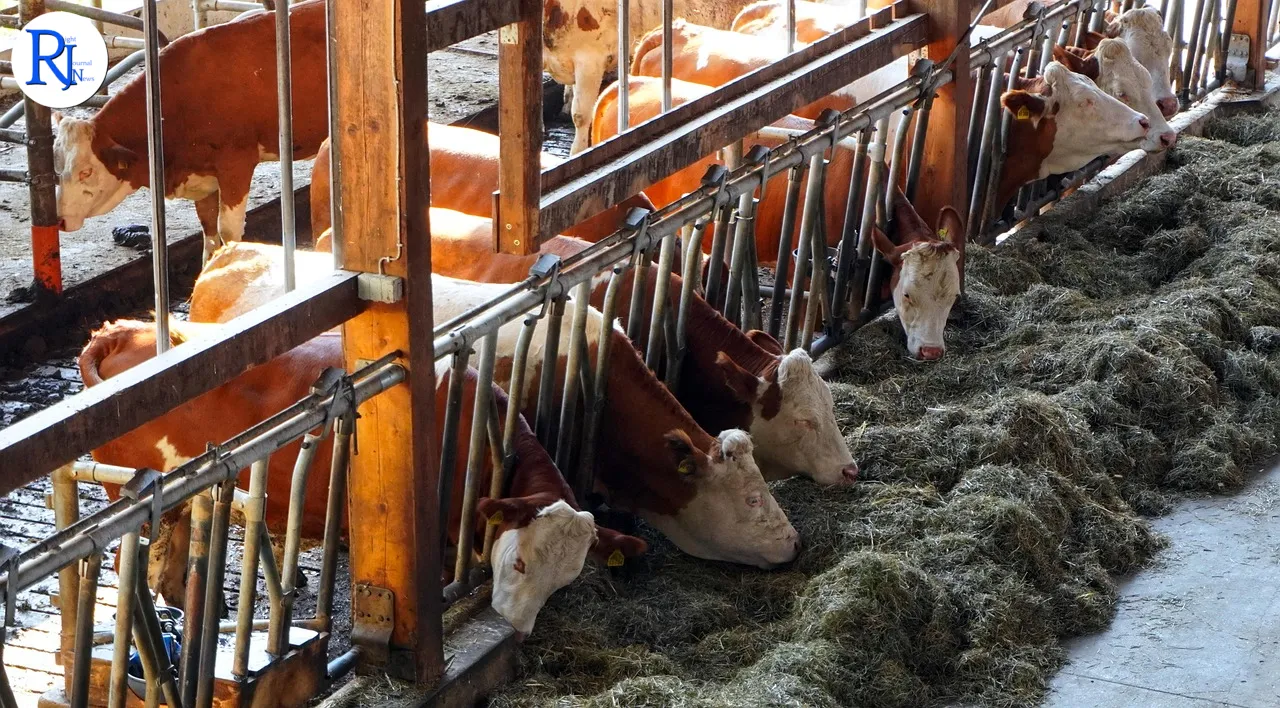A critical worker shortage in the UK dairy industry is raising alarms about the nation’s food security. According to a recent survey by Arla, the UK’s largest dairy cooperative, five out of six dairy farmers report receiving few or no applications for job vacancies. This shortage, intensified by Brexit and the COVID-19 pandemic, threatens the stability of the country’s food supply chain.
An Ongoing Crisis in the Dairy Sector
The shortage of skilled labour in the dairy industry is not a new issue but has been exacerbated by recent global events. Arla’s survey highlights a worrying trend where farmers struggle to fill essential roles. This shortage is not just a minor inconvenience; it has significant implications for the UK’s ability to maintain a stable and secure food supply.
Farmers have been vocal about the challenges they face. “We are reaching a critical point where the lack of workers is affecting our ability to produce milk efficiently,” said John Fisher, a dairy farmer from Somerset. The absence of skilled workers means existing staff are overburdened, leading to decreased productivity and increased stress levels.

Brexit and Pandemic: A Double-Edged Sword
The worker shortage has been significantly impacted by Brexit. The departure from the European Union has led to stricter immigration controls, making it difficult for foreign workers, who traditionally filled many agricultural roles, to enter the UK. This has left many dairy farms understaffed and struggling to cope with daily operations.
The COVID-19 pandemic further complicated matters. Travel restrictions and health concerns reduced the number of available workers, both domestic and international. The combination of these two factors has created a perfect storm, leaving dairy farmers in a precarious position. “We used to rely on seasonal workers from Europe,” explained Sarah Collins, another dairy farmer. “Now, it’s almost impossible to find anyone willing and able to do the job.”
Impact on Food Security
The implications of this worker shortage extend beyond the dairy farms themselves. The UK relies heavily on its domestic dairy industry for essential products like milk, cheese, and butter. A disruption in this sector could lead to shortages and increased prices for consumers.
Arla’s report warns that if the situation does not improve, the UK could face significant challenges in maintaining its food security. The cooperative is calling for urgent action from the government to address the labour shortage. “We need a clear strategy to attract and retain workers in the agricultural sector,” said Arla spokesperson, Lisa Graham. “Without it, our food supply is at risk.”
Government Response and Industry Solutions
In response to these concerns, the UK government has acknowledged the issue and is exploring potential solutions. One proposal is to ease immigration restrictions for agricultural workers, allowing more flexibility for farms to hire from abroad. Additionally, there is a push to promote agricultural careers to domestic workers through training programmes and incentives.
Industry leaders are also looking at technological advancements as a potential solution. Automation and modern farming techniques could help mitigate the impact of the worker shortage. However, these solutions require significant investment and time, which many farmers cannot afford.
Looking Ahead: A Call to Action
The dairy industry’s struggles serve as a stark reminder of the broader challenges facing the UK’s agricultural sector. As the country navigates the post-Brexit landscape and recovers from the pandemic, the need for a robust and sustainable food supply chain has never been more apparent.
Addressing the worker shortage in the dairy industry is crucial for ensuring the UK’s food security. This requires a coordinated effort from both the government and industry stakeholders to develop long-term solutions. As the situation continues to evolve, the focus must remain on creating a resilient agricultural sector that can withstand future challenges.
The urgency of the situation cannot be overstated. Without decisive action, the UK risks compromising its ability to provide essential food products to its population. As farmers continue to call for support, the hope is that their voices will be heard, leading to meaningful changes that secure the future of the nation’s food supply.

